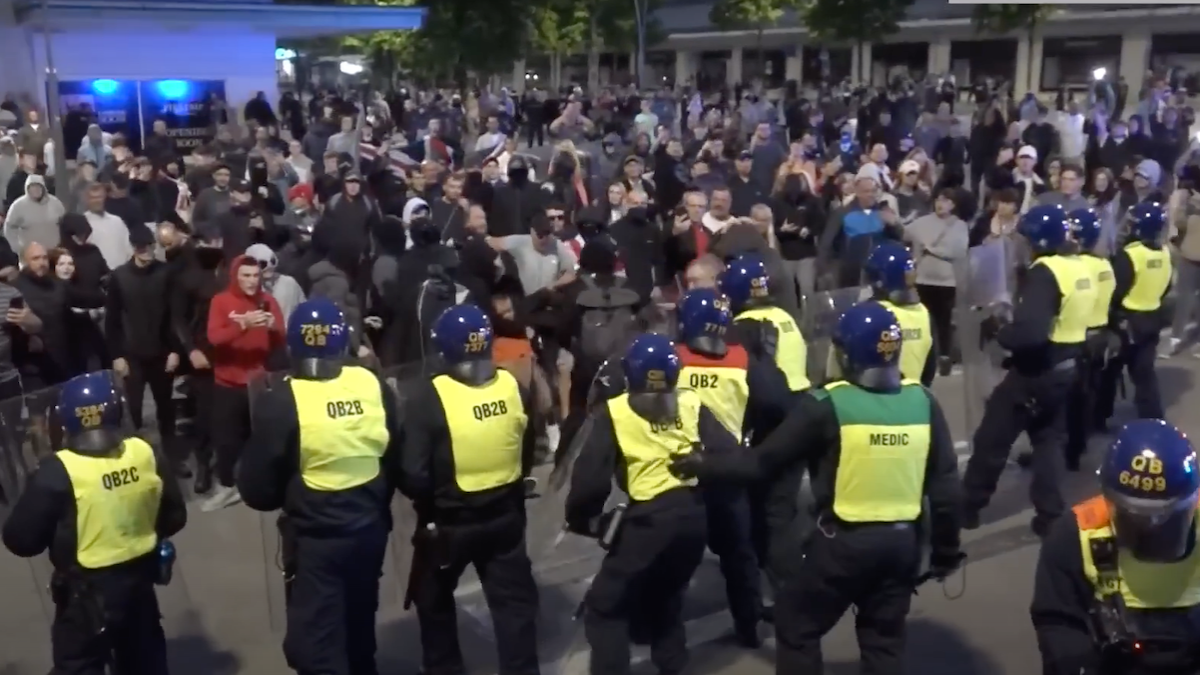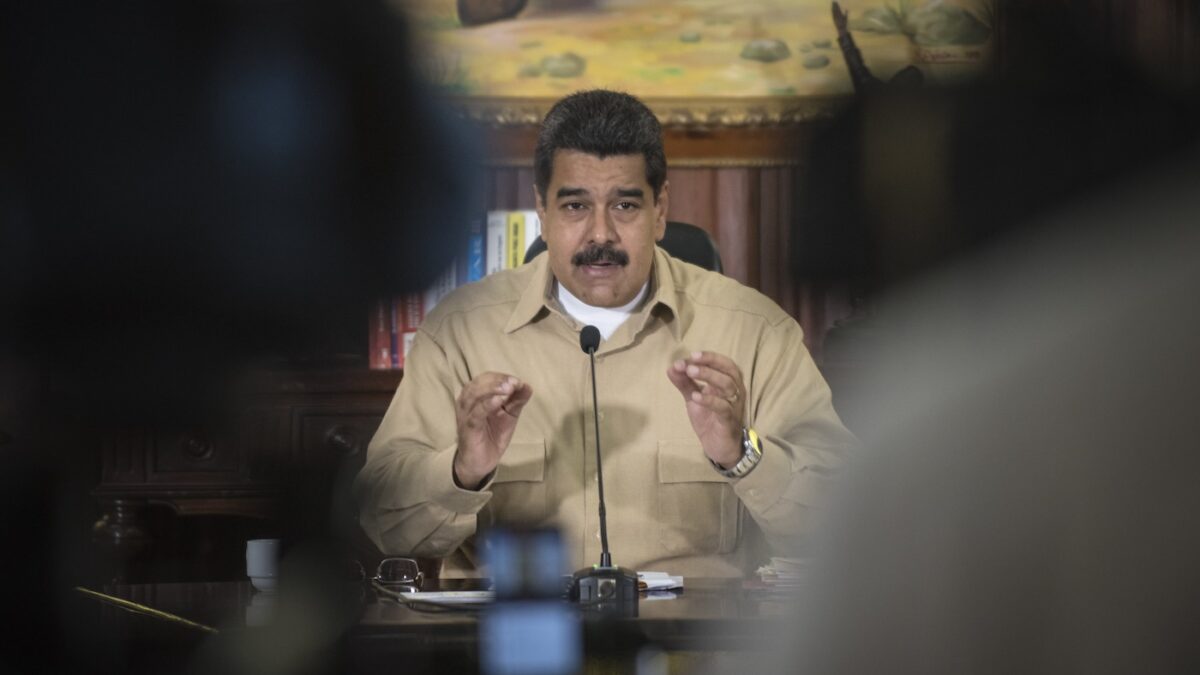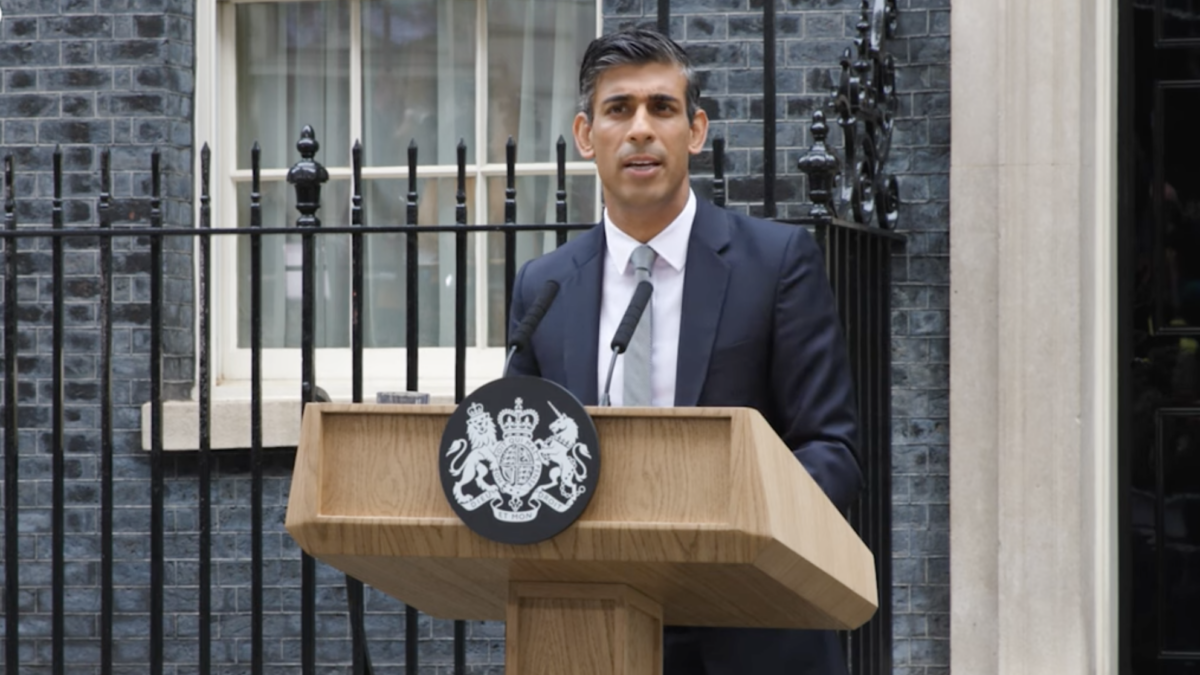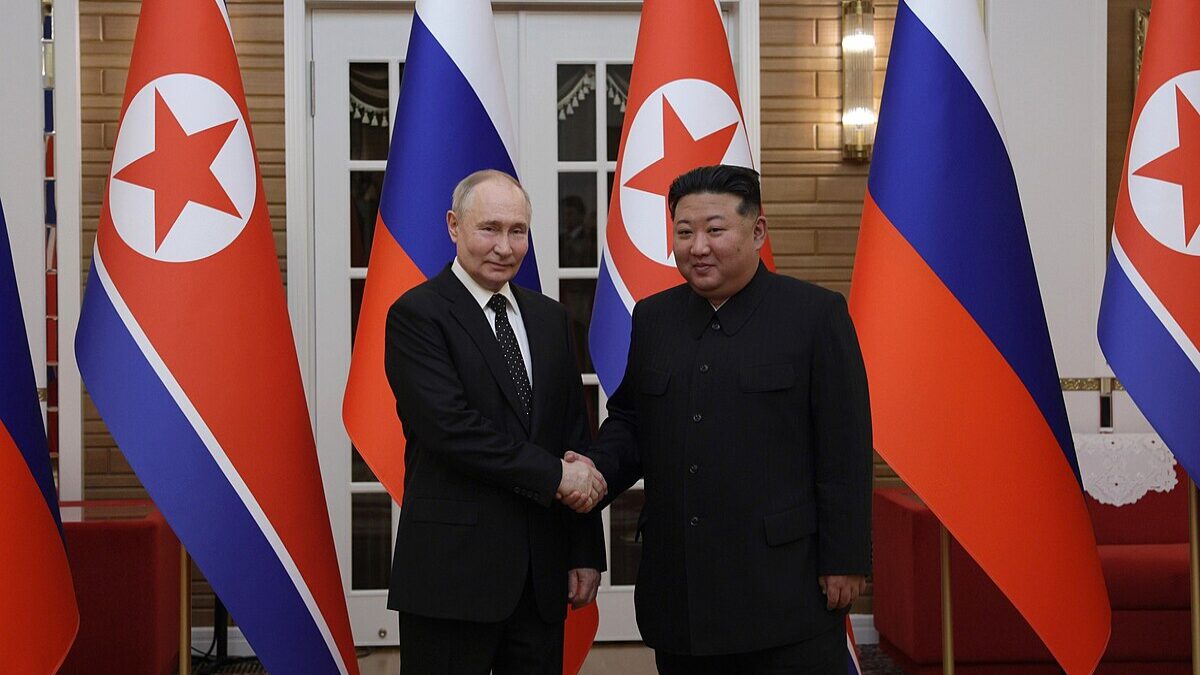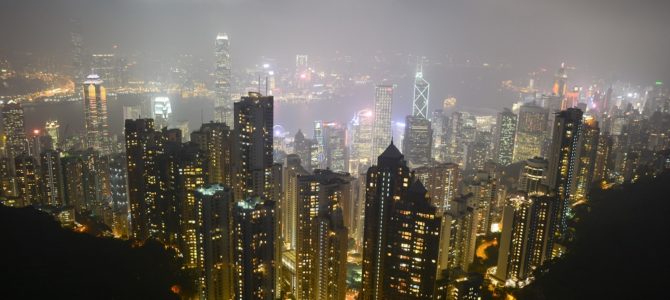
May 22, 2020 will go down in history as an important milestone. On this day, Beijing announced it will impose a new national security law on Hong Kong, which will effectively end the “One Country, Two Systems” era.
Beijing made the move at this week’s “Two Sessions,” annual legislative meetings of two organizations: the National People’s Congress (NPC) and the Chinese People’s Political Consultative Conference (CPPCC). In the past, more than 5,000 delegates, representing the elites in China, from Communist Party members to business executives to movie stars, played their part in this annual political theater. They have no real legislative power, merely rubber stamping whatever the Chinese Communist Party (CCP) presents with 100 percent approval.
In truth, the Two Sessions serve as fig leaves that barely cover the regime’s dictatorial nature. Still, analysts pay a great deal of attention to these meetings because the CCP has historically used them to unveil important national policies, such as the annual economic target and budget, and any leadership changes.
Since 1998, the “Two Sessions” have been usually held in the first week of March. This year the meetings were delayed due to the coronavirus outbreak. They have drawn even more international attention this year to what Beijing plans to do with Hong Kong.
A History of Broken Promises from China
Beijing has pushed Hong Kong to pass a national security law for years. Beijing and its supporters often point to Article 23 of the Basic Law, a de facto constitution for Hong Kong, as legal justification. Article 23 stipulates that Hong Kong, not Beijing, “shall enact laws on its own to prohibit any act of treason, secession, sedition, subversion against the Central People’s Government (CPG), or theft of state secrets, to prohibit foreign political organizations or bodies from conducting political activities in the Region, and to prohibit political organizations or bodies of the Region from establishing ties with foreign political organizations or bodies.”
The Basic Law was drafted by a committee set up by China’s National People’s Congress in 1987. The draft committee consisted of members from both the mainland and Hong Kong. In 1989, Martin Lee and Szeto Wah, both representing Hong Kong on the Basic Law drafting committee, voiced their support for student protestors in Beijing and announced the suspension of their work for the committee.
Later that year when they tried to return to their work at the committee, Beijing expelled them and accused them of “subverting state power.” Without the Hong Kong pro-democracy camp’s involvement, the Basic Law became a product of Beijing, which laid the foundation for future unrest in Hong Kong. China approved the final version of the Basic Law on April 4, 1990, giving the Standing Committee of the National People’s Congress (NPCSC) the final say in any interpretation.
In 2003, Beijing-appointed Hong Kong Chief Executive Tung Chee-hwa said that according to Article 23 of the Basic Law, the city’s Legco needed to pass an anti-subversion bill that would impose maximum life prison sentences for treason, sedition, theft of state secrets, and subversion. Beijing supported the bill since it frequently uses similar laws to crack down on activists and dissidents in mainland China.
Echoes of 2019
Hong Kongers were concerned that the definition of what constitutes subversion was so far-reaching that someone who organizes a peaceful protest could be charged if this bill became law. In addition, the bill would have given Tung’s government broad authority to outlaw any local groups with ties to any organization banned by Beijing.
It would also have given Hong Kong police the power to conduct searches without a warrant and ban disclosing state secrets. Therefore, on July 2, 2003, a day after Hong Kong’s government and Beijing celebrated the six-year anniversary of Hong Kong’s handover, more than 500,000 Hong Kongers took to the streets to protest this bill, which they believed could erode their political, religious, and press freedom. Facing such a strong opposition, Tung withdrew the controversial bill and none of his successors re-introduced it.
Last year, current Hong Kong chief Carrie Lam had to shelve her controversial extradition bill after millions of Hong Kongers took to the streets to voice their concerns for months, which eventually led to some fierce, violent confrontations between Hong Kong Police and protestors. The year 2019 ended with pro-democracy candidates earning a landslide win in the local district council election.
Beijing was clearly incensed as the events unfolded in 2019: Lam’s inability to pass the extradition bill, the ongoing protests that won international admiration and support, and the defeat of pro-Beijing candidates at the ballot box in local elections. 2020 hasn’t gone well for Beijing either. First China had to take draconian measures to contain the coronavirus outbreak, which has devastated China’s economy. After the outbreak became a global pandemic, Beijing’s international reputation and credibility plunged as countries blamed Beijing for mishandling the virus in its early days.
No Coronavirus Delay for Hong Kong’s Oppression
Still, Beijing wouldn’t let anything delay a more hard-line stand in Hong Kong. Hong Kong authorities arrested a number of prominent pro-democracy activists for their roles in the 2019 anti-extradition bill protests. Beijing appointed hardliner Xia Baolong the new director of its Hong Kong and Macau Affairs Office (HKMAO).
Xia has openly condemned Hong Kong’s pro-democracy lawmakers for filibustering bills Beijing wants to pass. In a dramatic scene this week, a few of the lawmakers he condemned were dragged out of the legislative council during a debate about a bill that would criminalize any action disrespecting the Chinese national anthem.
Beijing has clearly lost patience and decided there is no more need for pretense. The Two Sessions seems a perfect opportunity for Beijing to force a national security law down Hong Kong’s throat while bypassing Hong Kong’s legislature: 100 percent delegates from NPC and CPPCC will approve the bill. Mass protests in Hong Kong over this are difficult to organize because the city is still slowly emerging from the coronavirus shutdown.
The End of ‘One Country, Two Systems’
Dennis Kwok, a pro-democracy legislator in Hong Kong, said Beijing’s action “basically means the end of ‘One Country, Two Systems.’” Maya Wang of Human Rights Watch tweeted, “Watching the fate of Hong Kong people being decided in Beijing tonight was like watching the Tiananmen Massacre in Beijing in 1989–that same feeling of powerlessness, the sadness, about the rights of people being trampled upon.”
Last November, the U.S. Congress passed the Hong Kong Human Rights and Democracy Act (HRDA), which requires the U.S. Department of State to evaluate whether Hong Kong is still upholding the rule of law and protecting human rights and certify to Congress each year whether the city still warrants special treatment, different from mainland China, under various treaties and agreements.
Beijing’s action on Hong Kong this week puts the HRDA to a real test. If the United States doesn’t follow through on the act to revoke Hong Kong’s special treatment, Beijing will treat the act as a paper tiger and may be emboldened to take aggressive actions against Taiwan. If the United States does follow through on the act and revoke Hong Kong’s special treatment, Beijing will retaliate and the U.S.-China relationship will fall to a historical low, which will likely lead to many unforeseen economic, political, and even military repercussions.
No matter what the United States decides to do, the Hong Kong we have cherished and celebrated ceased to exist on May 22, 2020.


